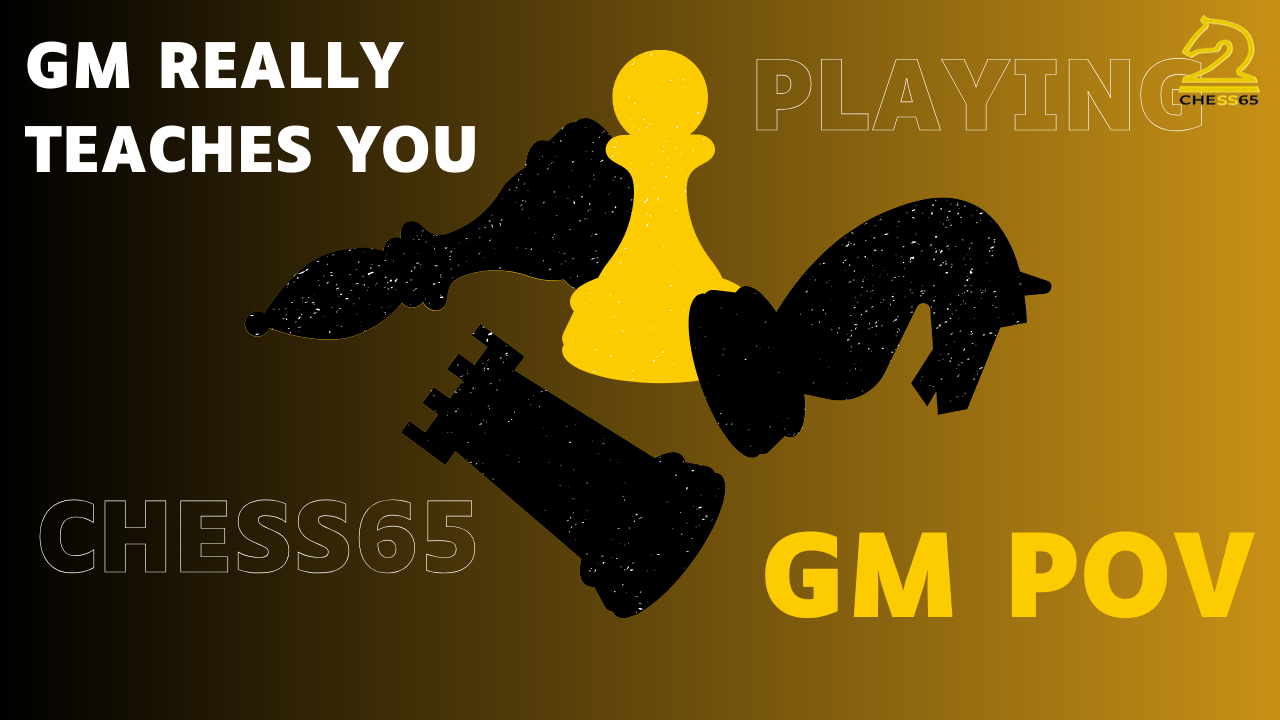Attack on Immobile Pawns: Chess65 Insights

At Chess65, we believe that understanding pawn structures is essential for real progress in chess.
One of the most powerful ideas? Attacking immobile pawns.
Today, let's break it down — short, clear, and practical!
Visit: chess65.info/blog | Learn More at chess65.info
What Are Immobile Pawns?
An immobile pawn is stuck — blocked by its own pieces or the opponent’s — and cannot move forward.
As Aron Nimzowitsch explains in My System, immobile pawns are long-term weaknesses that can be attacked with careful planning.
How to Attack Immobile Pawns
Based on My System and Pawn Structure Chess, the best attacking methods are:
-
Accumulate Pressure:
Double rooks, line up bishops and knights. Build slow, irresistible pressure. -
Pawn Breaks:
Open lines at the right moment (e.g., c4-c5 in many structures). -
Exchange Defenders:
Remove the pieces defending the weak pawn. -
Infiltrate After Breakthrough:
Enter with heavy pieces once the pawn falls or the defenses collapse.
Key idea: Immobile pawns cannot escape — they are permanent targets.
How to Defend Immobile Pawns
If you're stuck defending:
-
Control Key Squares:
Block important files and diagonals early. -
Trade Weaknesses:
Exchange pawns or pieces whenever possible. -
Create Counterplay:
Attack elsewhere to distract your opponent.
Final Tip from Chess65
Master the art of attacking immobile pawns — and you'll win more endgames, break defensive walls, and dominate your opponents.
Ready to upgrade your chess?
Explore more at chess65.info








